
Researchers Sound Alarm Over Surge In Anal Cancer And High-Risk Populations
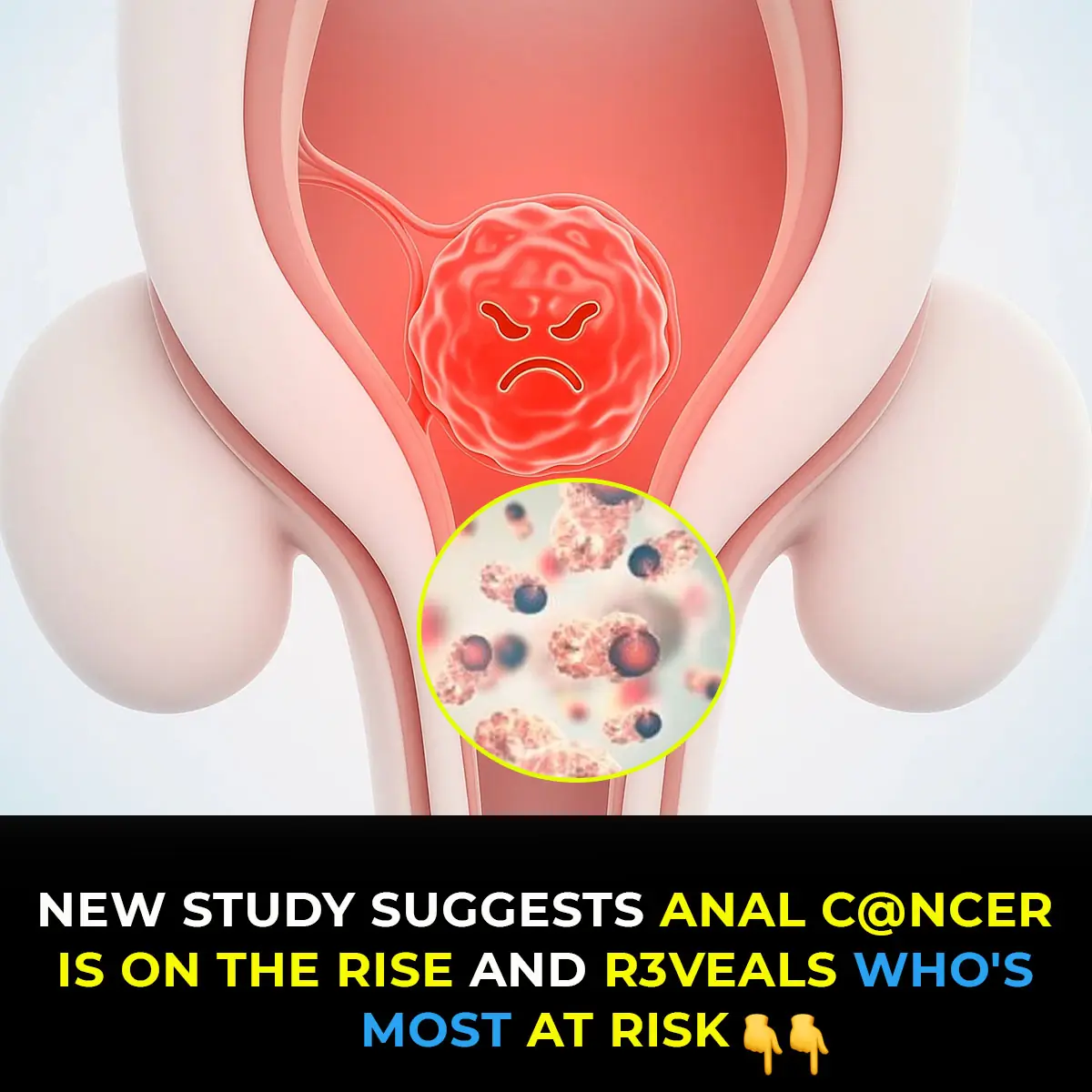
Anal cancer may be increasing in prevalence, according to recent research, which also highlights the groups most at risk.
Data from the National Cancer Institute covering the years 2017 to 2021 has been reviewed in recent studies, revealing a particular group where cases of anal cancer have risen.
Anal cancer, which originates from abnormal cell growth in the anal canal (located at the end of the rectum), can be difficult to detect early. Symptoms include anal pain, itching, bleeding, and the presence of blood in the stool. Sometimes it may lead to the formation of a lump or growth, which is often confused with hemorrhoids.
A new study presented at Digestive Disease Week showed that the number of anal cancer cases increased by 1.6 percent in men and 2.9 percent in women between 2017 and 2021.
Lead author Dr. Ashley Robinson, a second-year internal medicine resident at Advocate Lutheran General Hospital, explained: “The fastest rise in anal cancer cases is seen among white and Hispanic women over 65—groups not traditionally considered to be at high risk.”
Who's at Greater Risk for Anal Cancer?
The study found that the largest annual increase in anal cancer cases—4.3%—was observed in women over 65. In this group, Hispanic women saw a 1.7% rise annually.
If this trend continues, scientists predict that by 2038, the number of anal cancer cases in women over 65 could triple.
While the exact cause of this rise remains unclear, Dr. Robinson speculates that it could be linked to the HPV vaccine. Despite its widespread availability, women over 65 may not have received the vaccine, which is known to reduce the risk of HPV infection—an infection strongly associated with anal cancer. The HPV vaccine was introduced in the United States in 2006.
HPV is primarily spread through sexual contact and is responsible for a range of cancers, including cervical, oral, anal, penile, vulval, and vaginal cancers. The Centers for Disease Control and Prevention (CDC) recommends the vaccine for individuals up to age 26, ideally before becoming sexually active, as prior exposure to HPV can lessen the vaccine’s effectiveness.
In the UK, children aged 12 and 13 are eligible for the vaccination.
Dr. Robinson emphasized, “It is critical to continue promoting the HPV vaccine as a key strategy in the prevention of anal cancer, while also keeping healthcare providers up to date as screening guidelines evolve.”
“These findings also underline the need for targeted screening in specific patient groups, particularly those with a higher risk of anal HPV and anal cancer.”
Although women over 65 are not currently screened for anal cancer, the study suggests that initiating screening for this age group could prove beneficial in early detection.
News in the same category


The best fruits to unclog and clean your blood vessels
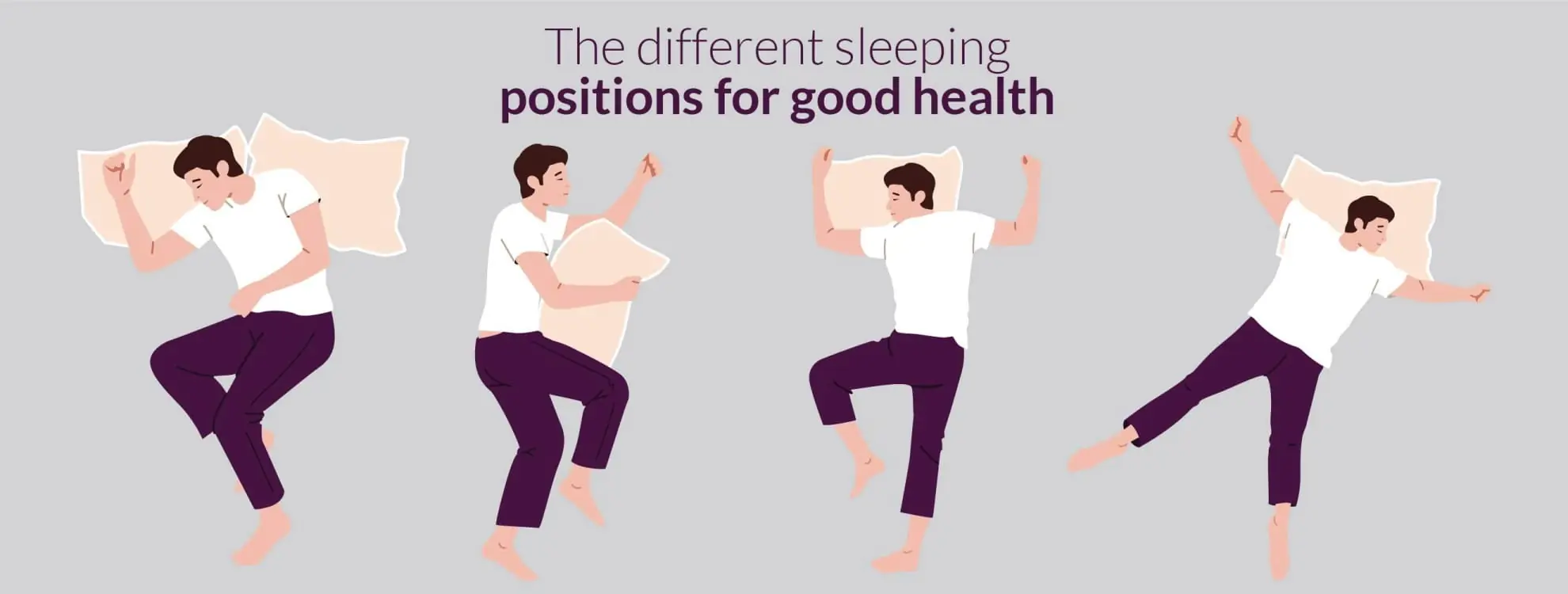
Best Sleeping Positions to Prevent Neck Pain, Reflux, and Keep Your Heart Healthy
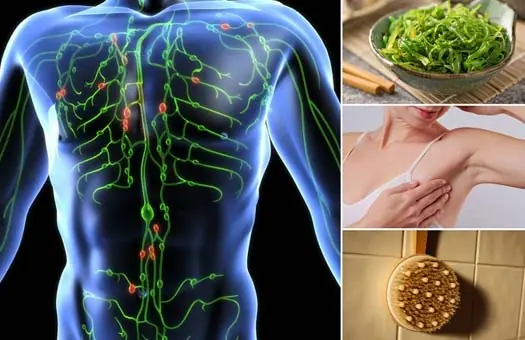
Simple Techniques to Boost Your Lymph System and Remove Toxins
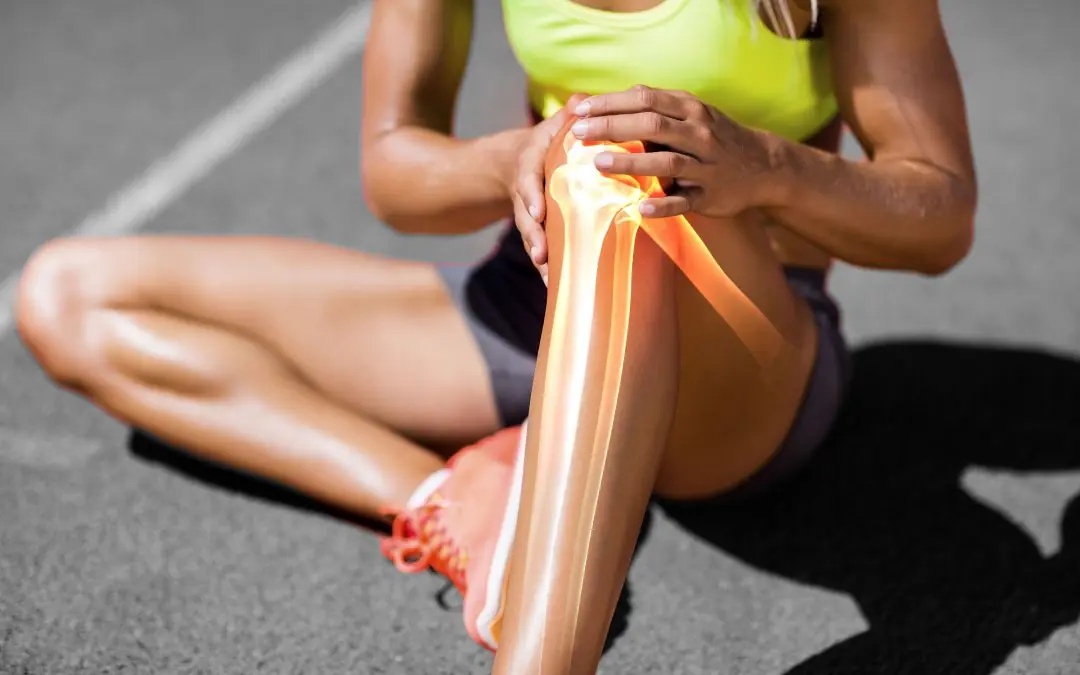
5 Common Habits That Quietly Damage Your Knees

Benefits of Walking: Why Walking is One of the Best Forms of Exercise
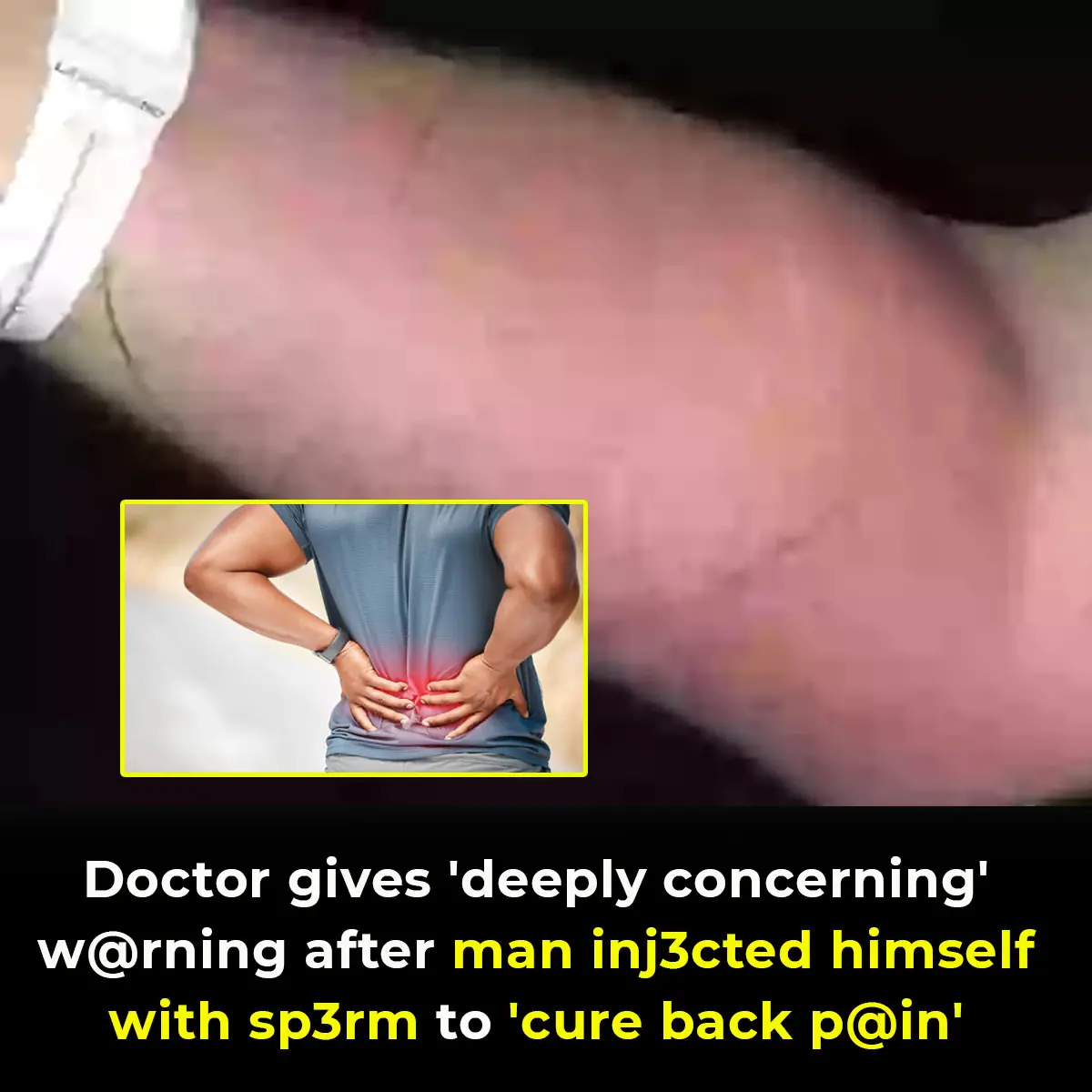
Doctor gives 'deeply concerning' warning after man injected himself with sperm to 'cure back pain'
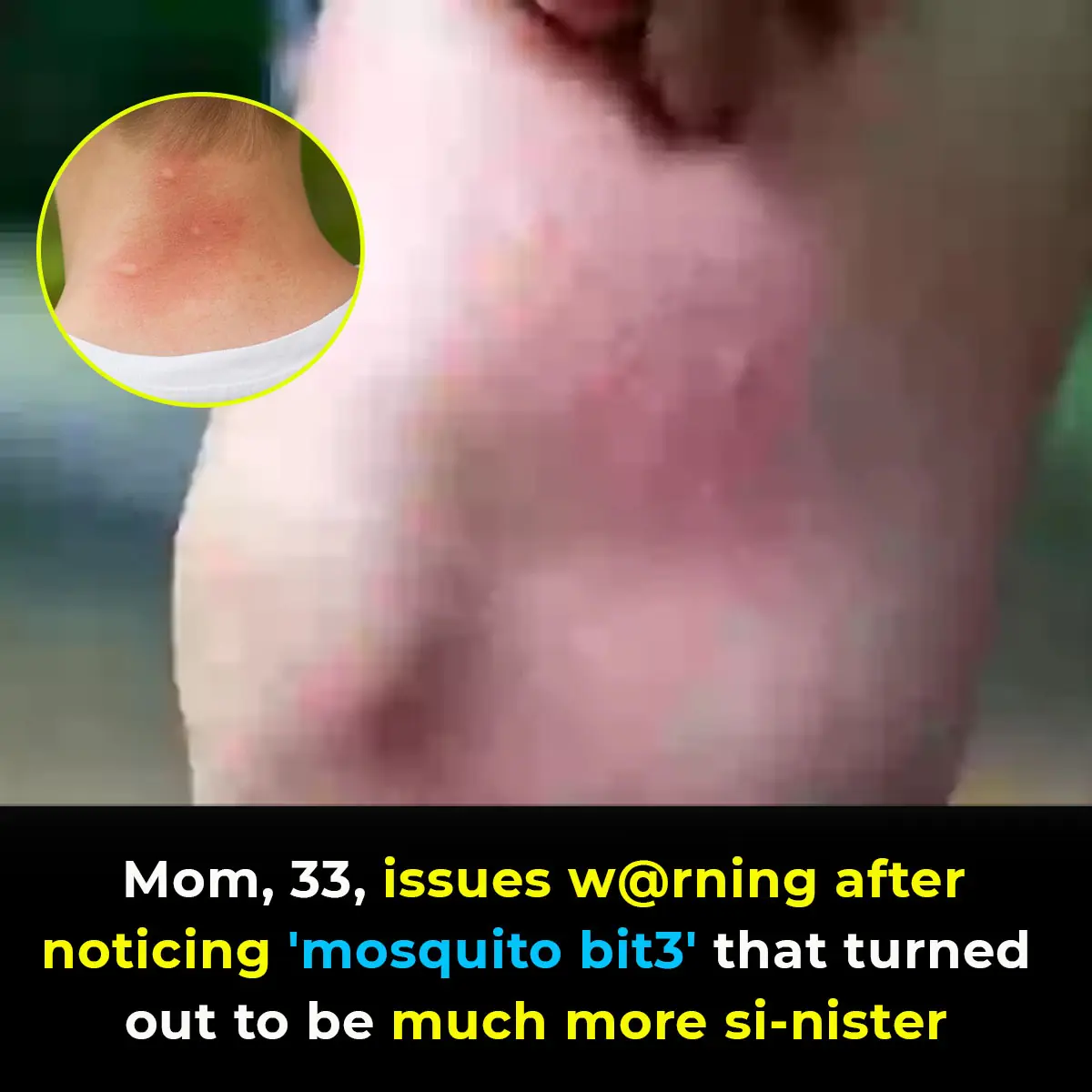
Mom, 33, issues warning after noticing ‘mosquito bite’ that turned out to be much more sinister
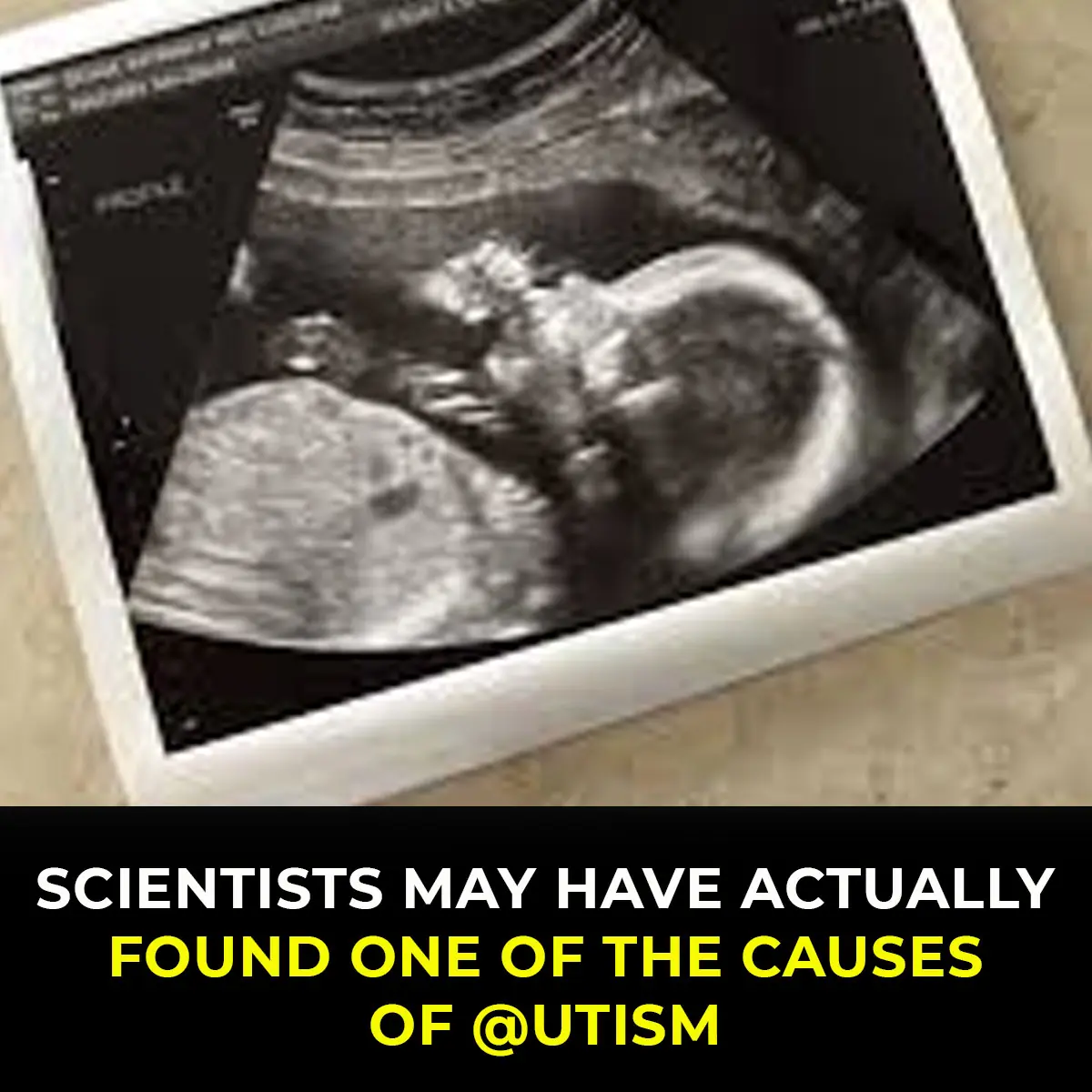
Study Suggests Key Link That Could Help Explain Autism Development
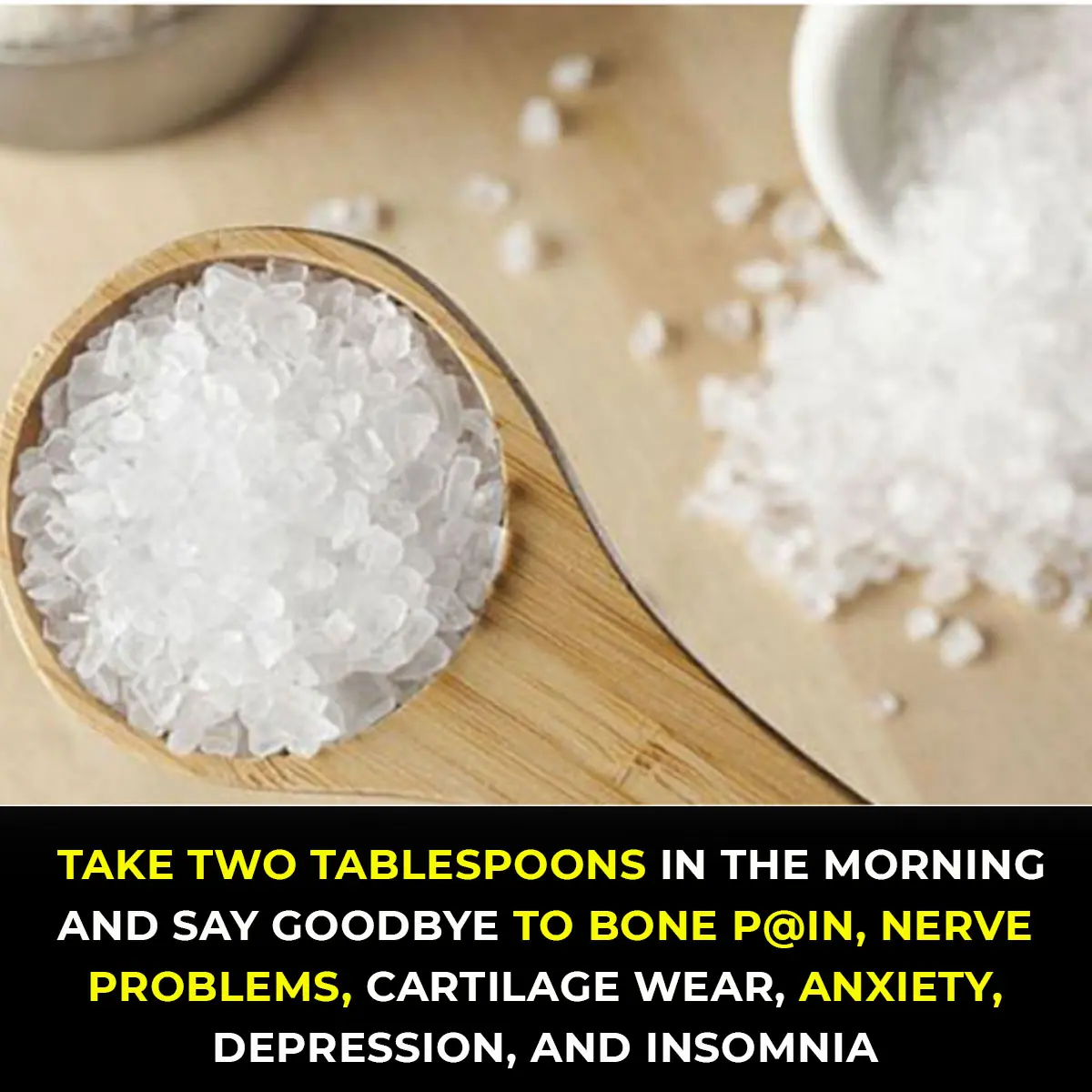
This One Superfood Could Tackle Major Health Issues—Here’s What You Need To Know
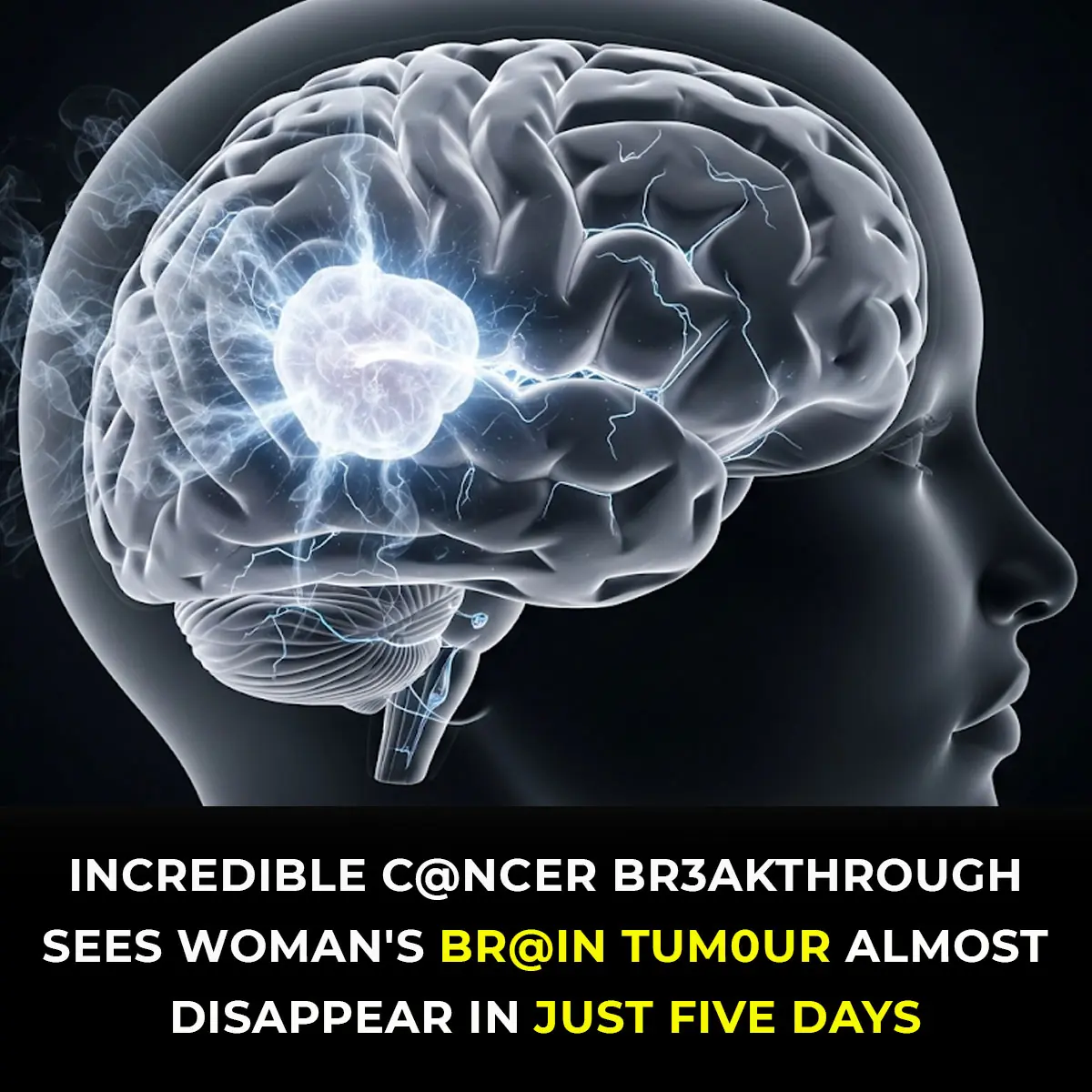
Woman’s Inoperable Brain Tumor Shrinks In Just Five Days Thanks To Cancer Breakthrough
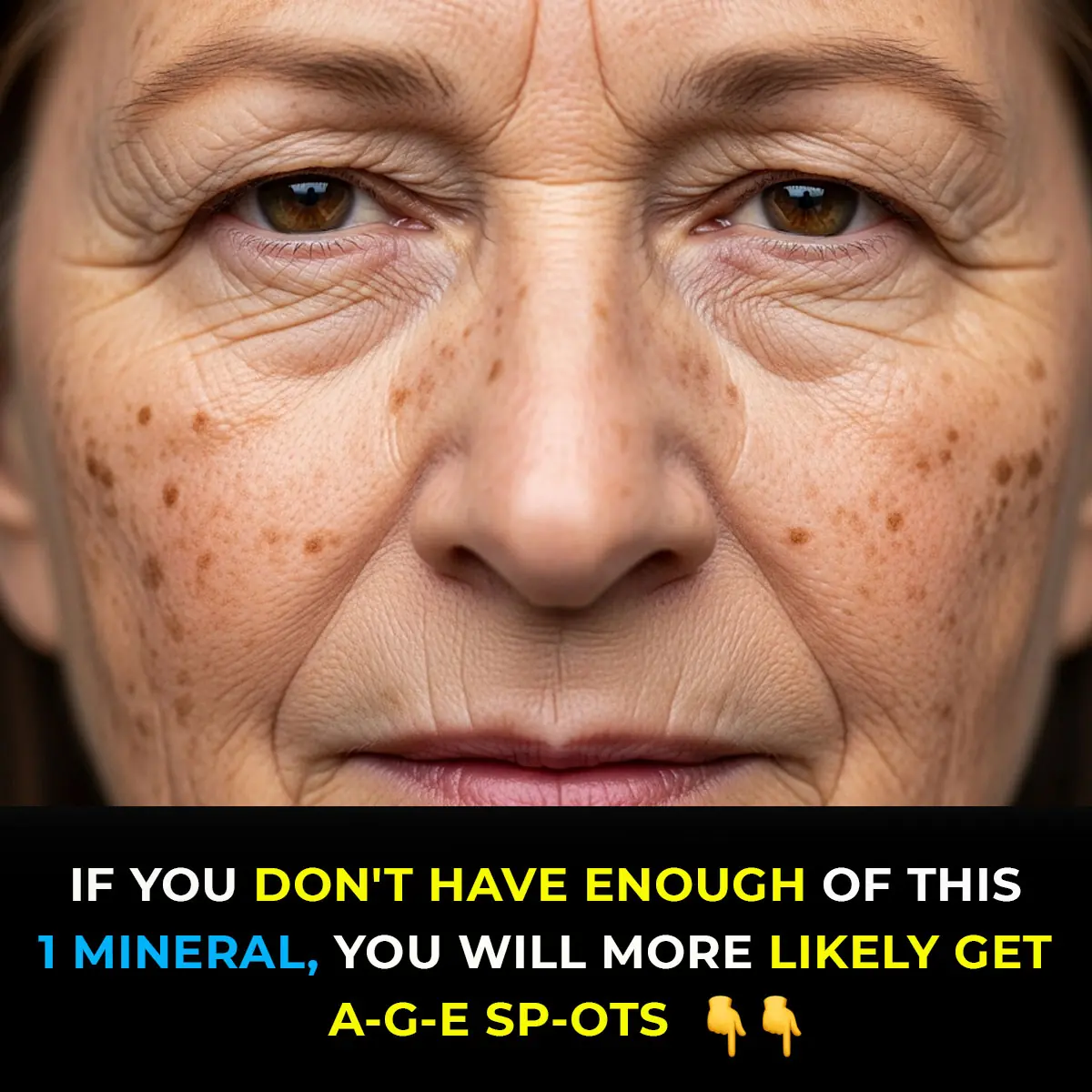
The Strengthening Power Of This One Mineral That Many Are Not Aware

Scientists Warn Foot-Long “Demonic Flesh-Eating” Worms Are Invading The U.S.—Here’s What To Do
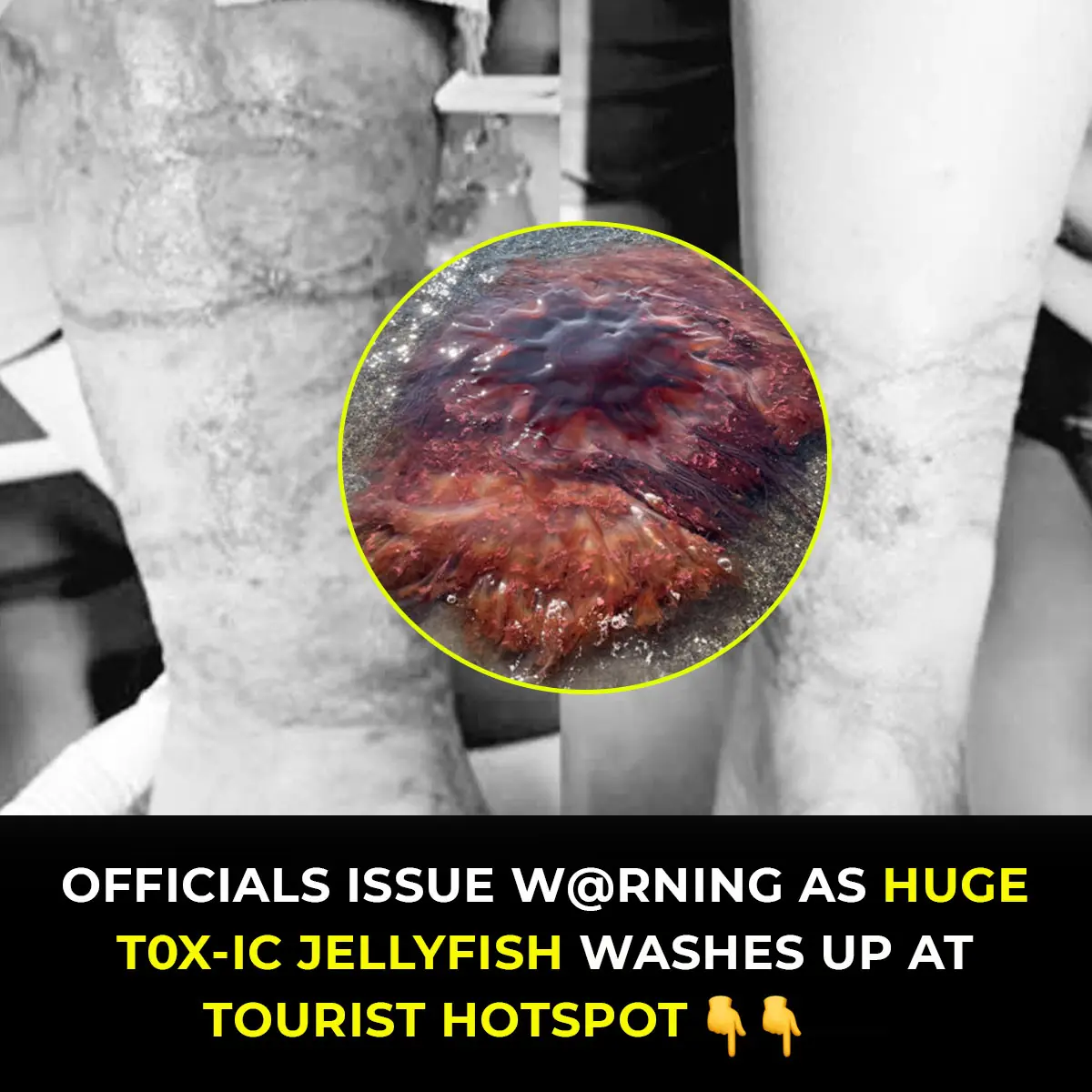
Officials Warn Tourists As Giant Toxic Jellyfish Washes Ashore At Popular Beach

When Nighttime Leg Cramps Become a Concern
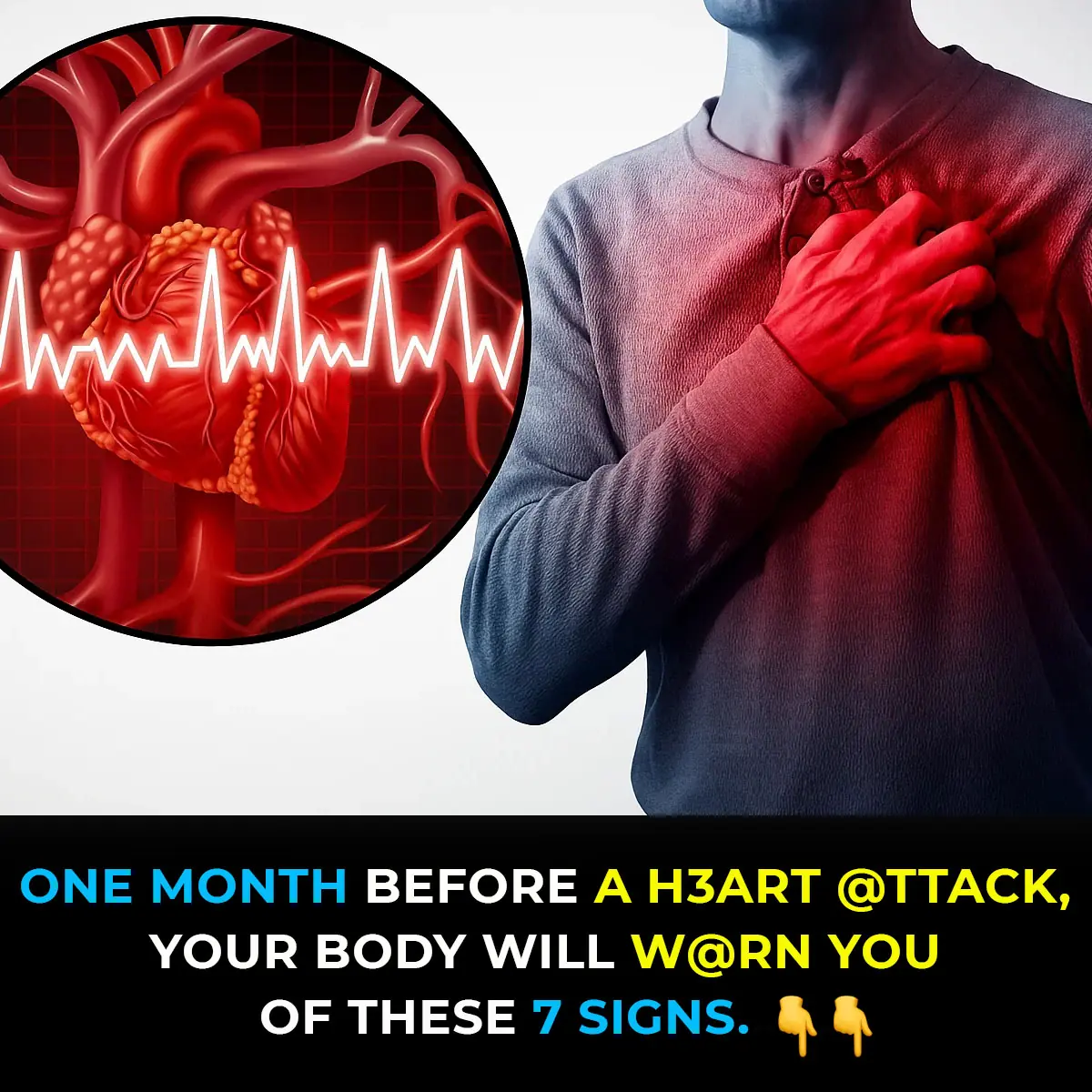
One Month Before A Heart Attack, Your Body Will Warn You Of These 7 Signs

5 Things Doctors Say You Should Never Give Your Kids to Help Prevent C@ncer
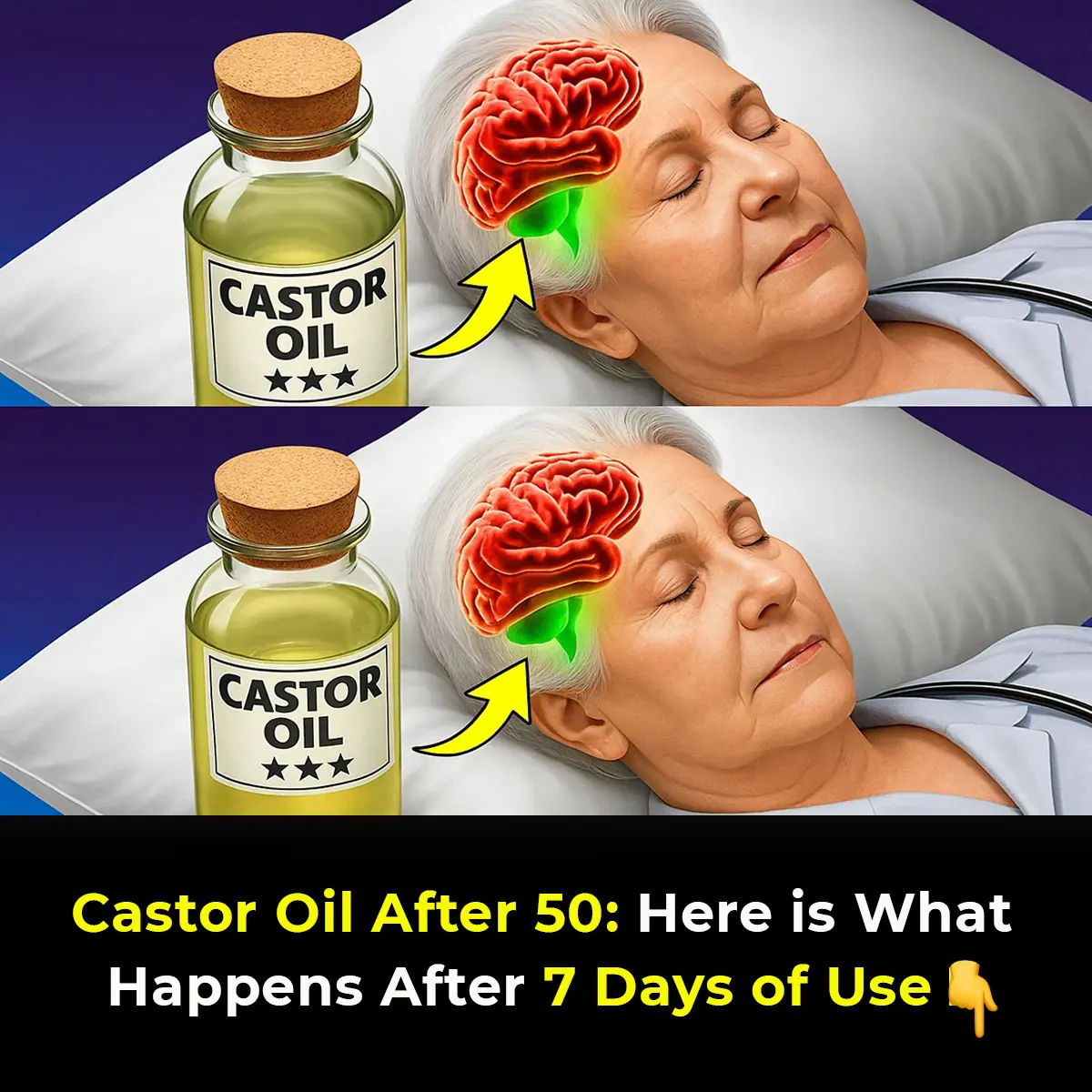
6 Powerful Castor Oil Benefits for Your Health and Wellness
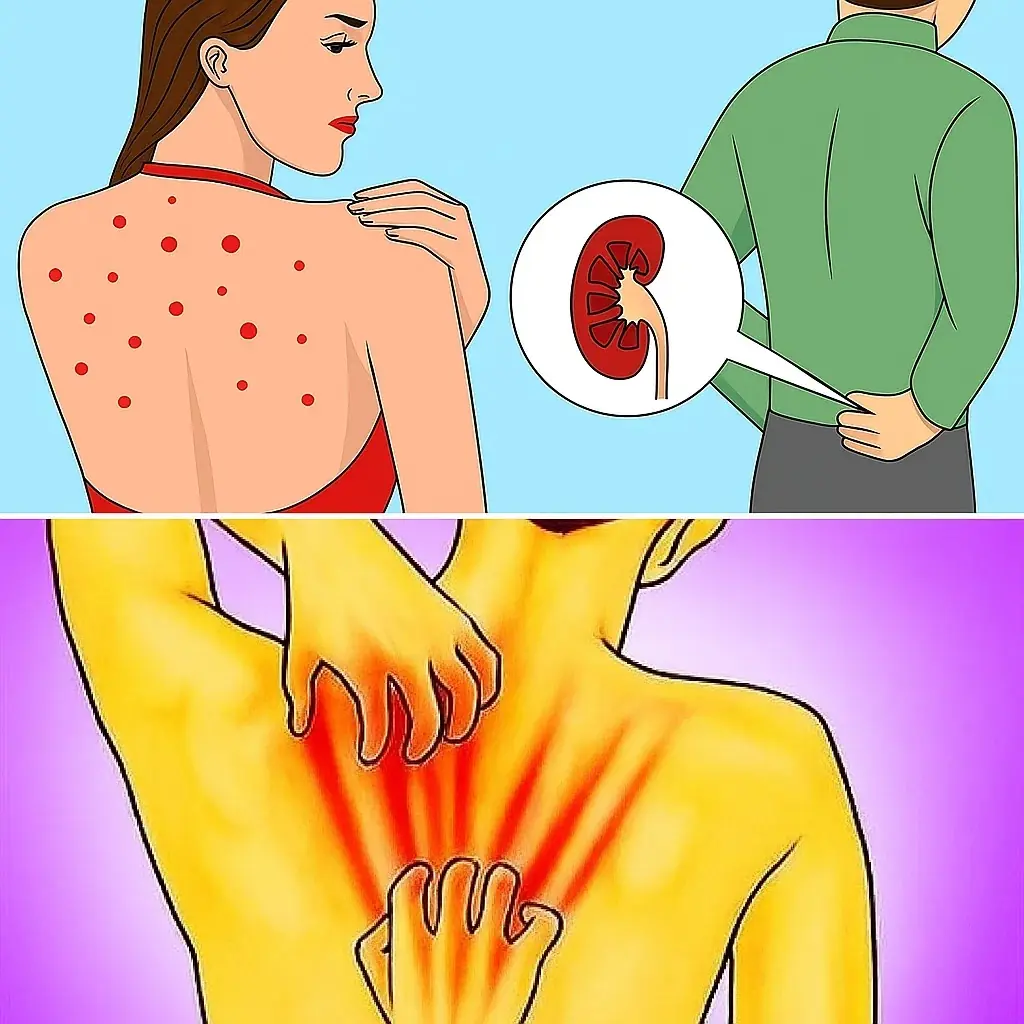
10 Warning Signs Your Kidneys May Be in Serious Danger
Your kidneys quietly work around the clock to keep your body in balance, but when they start to fail, the symptoms can be subtle and easily overlooked. Spotting these early warning signs could save your health—and even your life.
News Post

The 4 Must-Have and Inexpensive Fruits for Older Adults Who Want to Live Long!

The best fruits to unclog and clean your blood vessels

Best Sleeping Positions to Prevent Neck Pain, Reflux, and Keep Your Heart Healthy

Simple Techniques to Boost Your Lymph System and Remove Toxins

5 Common Habits That Quietly Damage Your Knees

Benefits of Walking: Why Walking is One of the Best Forms of Exercise

The Simpsons fans devastated as show 'kills off' one of the main characters for first time ever

Doctor gives 'deeply concerning' warning after man injected himself with sperm to 'cure back pain'

Mom, 33, issues warning after noticing ‘mosquito bite’ that turned out to be much more sinister

Study reveals average penis size across US states and exposes who is exaggerating

NASA releases closest-ever images to the sun and everyone is asking the same thing

Break-up coach reveals three clear signs that mean a relationship is over

“Meet K2-18b: The Distant Ocean World That Could Host Alien Life”

Secret CIA Documents Declare That The Ark Of The Covenant Is Real, And Its Location Is Known

Neuroscience Says: Listening to This Song Reduces Anxiety by Up to 65%. Hear It Yourself

Study Suggests Key Link That Could Help Explain Autism Development

Scientists Confirm Brain’s ‘Life-Flash’ Surge Just Before Death
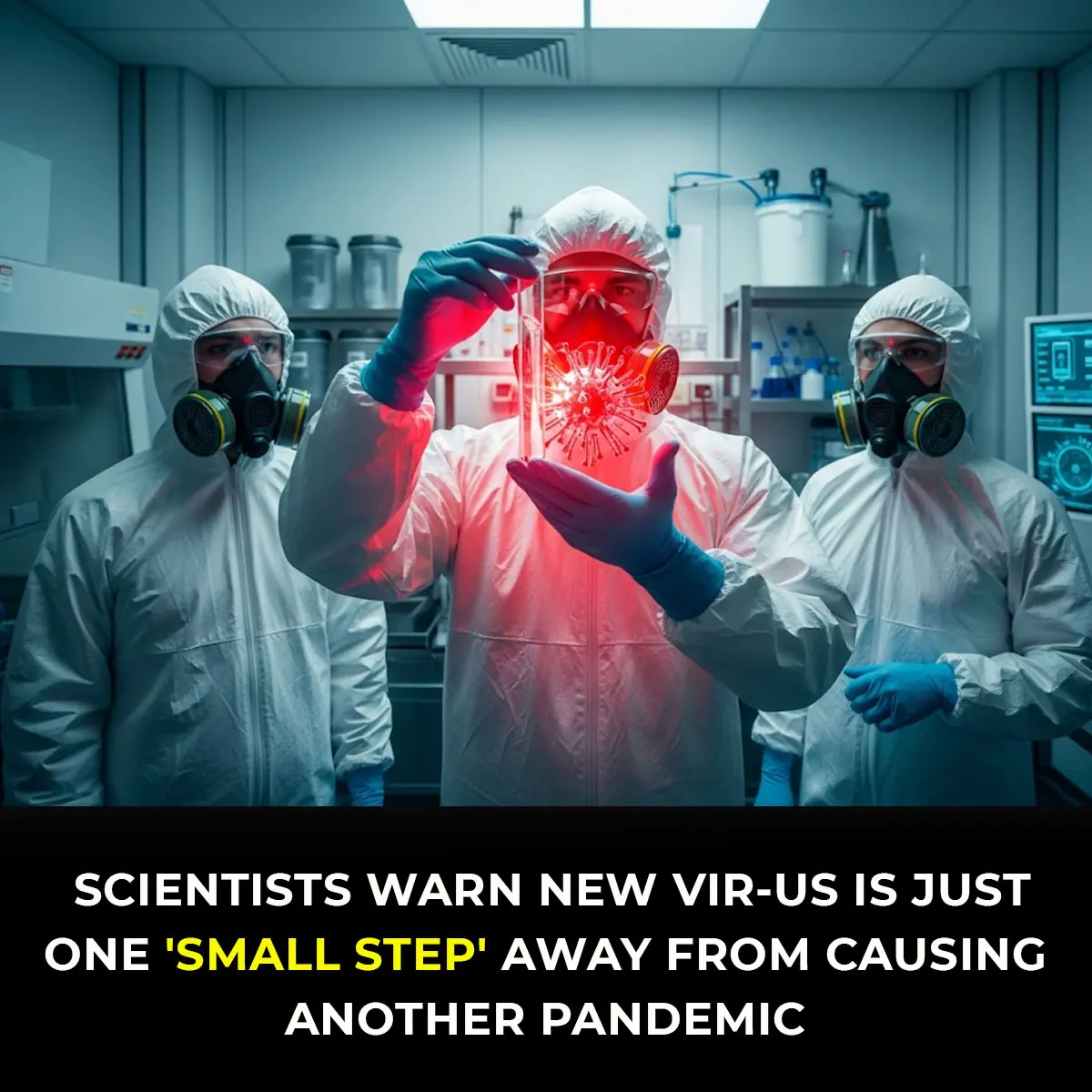
Scientists Warn China-Identified Bat Virus Just One Mutation Away From Sparking Global Pandemic

This One Superfood Could Tackle Major Health Issues—Here’s What You Need To Know
